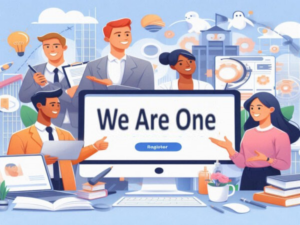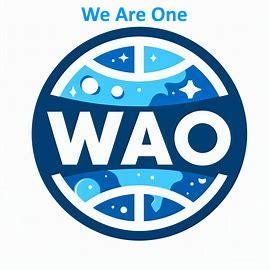An large Internet community can exercise political power. Here are some important aspects:
- Mass and Influence: An large Internet community can exercise political power by providing a significant voter base or support for political movements and campaigns. The sheer number of members can influence political decisions.
- Mobilization and activism: Through the use of social media and online platforms, a large Internet community can promote political activism and advocate for specific political goals. This can lead to mass mobilizations and public protests.
- Lobbying and pressuring governments: An Internet community can exercise political power by launching lobbying initiatives to influence laws or pressure governments to take certain actions. This could be done through petitions, campaigns and direct interaction with policymakers.
- Information Dissemination and Discussion: The community can discuss a wide range of political issues and disseminate information, helping to create an informed public. This can shape public opinion and political discussions.
- Support for political candidates and parties: Through the concentrated support of a large community, political candidates or parties could be supported and financed, which could have a direct influence on elections and political decisions.
- Common political agenda: The community could develop a common political agenda and advocate for specific policy issues or reforms, which could lead to broad support and influence on political decisions.
Overall, an large Internet community can exercise political power, whether through voter mobilization, political activism, lobbying, information dissemination, support of political actors, or the promotion of a common political agenda.





